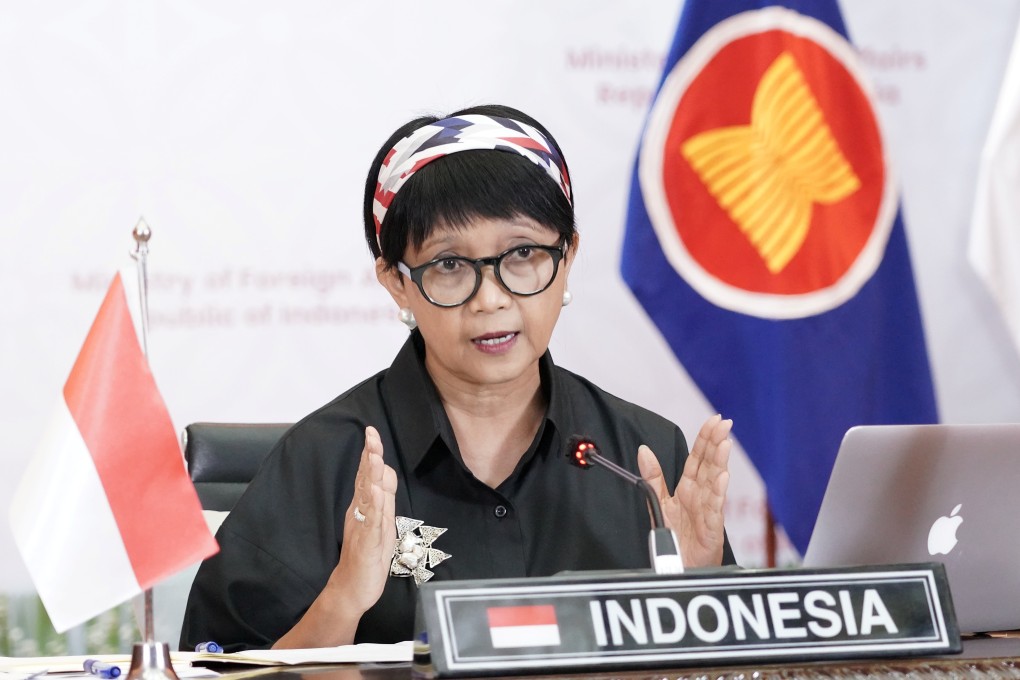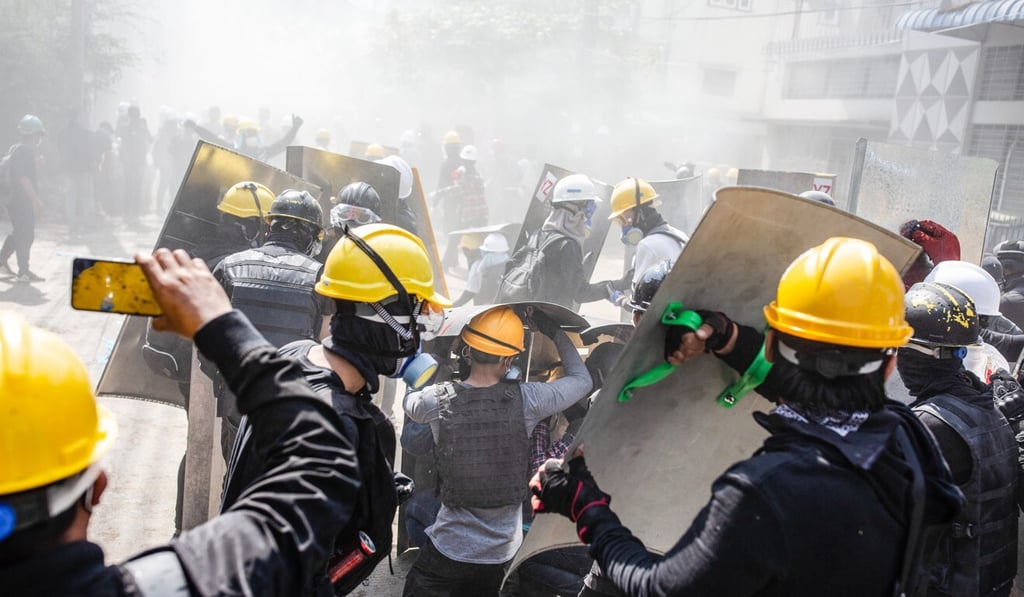Analysis | Indonesia’s Myanmar activism has achieved little except US and China agreement
- In trying to shape a regional response to the military coup, Indonesian foreign minister Retno Marsudi is following a deep historical precedent
- But Jakarta faces a steep hurdle in getting its tried-and-tested methods of quiet diplomacy and persuasion to work amid the protests in Myanmar


Alatas was succeeded by his loyal deputy, Hassan Wirajuda, who embarked on a mission to broker an agreement to resolve armed conflict in the Southern Philippines – a peace accord ensued in 1996. His successor, Marty Natalegawa, was confronted with a range of regional issues including conflict between Thailand and Cambodia, a deadlock over the South China Sea and the Rohingya refugee crisis. To try and manage these issues in the context of an increasingly fractious Asean grouping, Natalegawa deployed the same tactics: shuttle diplomacy and persuasion. There were mixed results: almost certainly his shuttling helped rescue an Asean consensus on the South China Sea in 2012, but his offer to mediate between Bangkok and Phnom Penh over their border dispute was politely rebuffed. The Rohingya crisis rumbles on.
The rationale for Indonesia’s diplomatic activism is rooted in Indonesia’s revolutionary struggle. As a fledgling republic, national leaders such as founding president Sukarno, his vice-president Muhammad Hatta and leading diplomatic figures like Adam Malik relied on support from other newly independent postcolonial states – among them Myanmar. After severing ties with the Dutch colonial authorities in 1949, Indonesia set about to repay its debts: in 1955 Sukarno convened the famous Asia-Africa Conference in Bandung.